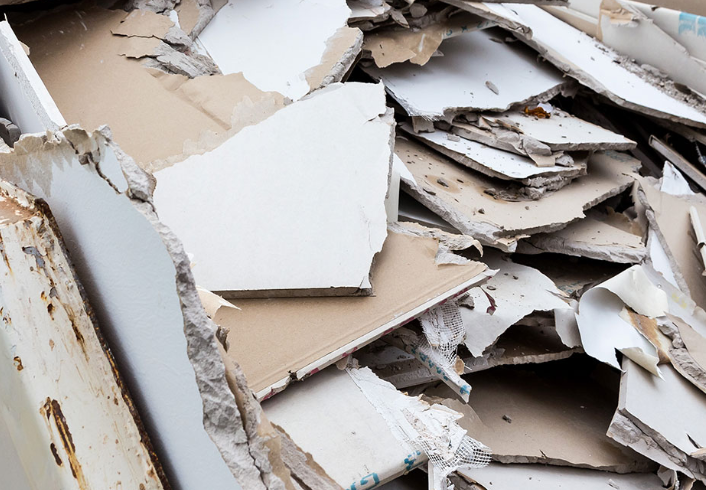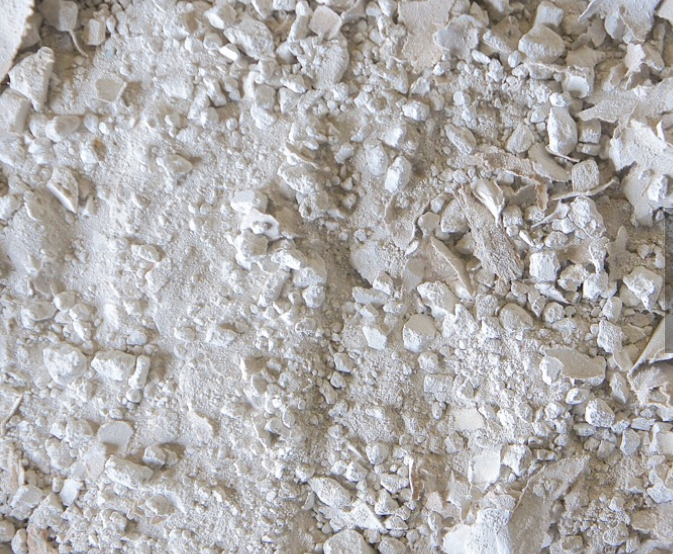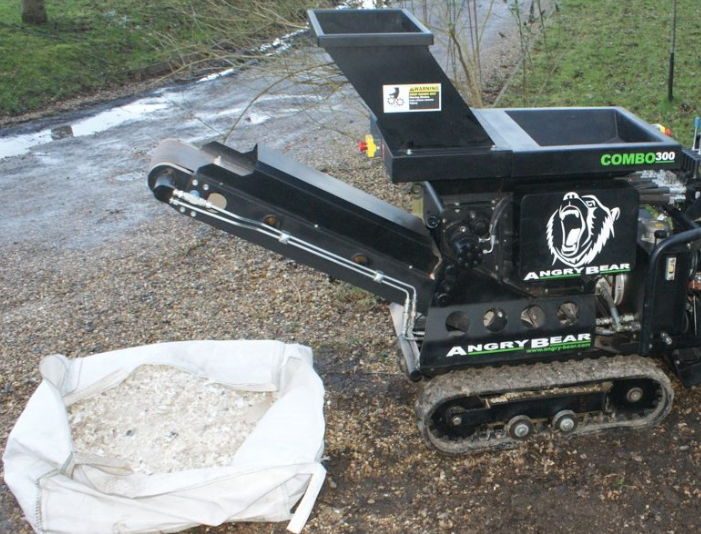RECYCLING PLASTERBOARD
Waste Plasterboard issues
Plasterboard has become costly to dispose of on site due to the need for it to be separated from other waste materials. It will usually cost you around an additional £100/ton bag on top of your other skip waste costs. These additional costs continue to dig into constructions budgets. But there are ways to reduce or even eliminate site waste costs. Plus, in turn reduce your carbon footprint and increase your businesses green credentials.
Why can’t Plasterboard be mixed with other waste?
As of April 1st 2009, under the new regulations (removing the 10% allowance), waste containing gypsum like Plasterboard, can no longer be mixed with biodegradable waste at a standard landfill site. This means that it has to be separated from other waste.
Gypsum, the main raw material for plasterboard, is a sulphate but is classified as non-hazardous. There are 2 main reasons plasterboard can’t be sent to landfill with the rest of your site waste.
- Toxicity – when mixed with other biodegradable waste it is at risk of producing Hydrogen Sulphide gas which is highly toxic and environmentally damaging.
- Useful Product! – when recycled, the materials that make up plasterboard have a multitude of uses.
Shredding On-Site
Shredding waste plasterboard on site can massively reduce your waste costs on each project.
For all the off-cuts and old sheets that get piled up on each project you can be saving around £100/ton.
Our shredders are designed to self feed, so once you place the plasterboard into the hopper, the shredder will draw in the material leaving you with just powder and paper.
Uses of Recycled Plasterboard
Once plasterboard has been processed through the shredder it can be used in a multitude of applications in its reduced state. Below are some forms of use:
- Soil Conditioning for lawns/pitches/parks
- Livestock bedding
- Soil conditioning for arable farming
- Cement production
- Plasterboard manufacturing
- Fluid spill absorbant
As such a usable product you could choose various ways to make use of your processed product:
- reuse it on site/at your yard
- work a deal with a local farmer
- sell it on for use within one of the above areas



